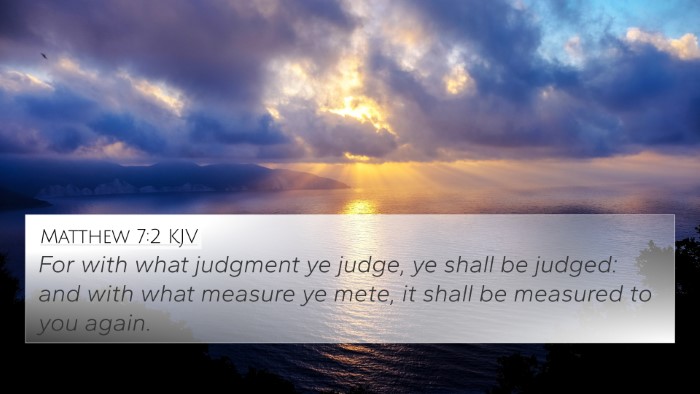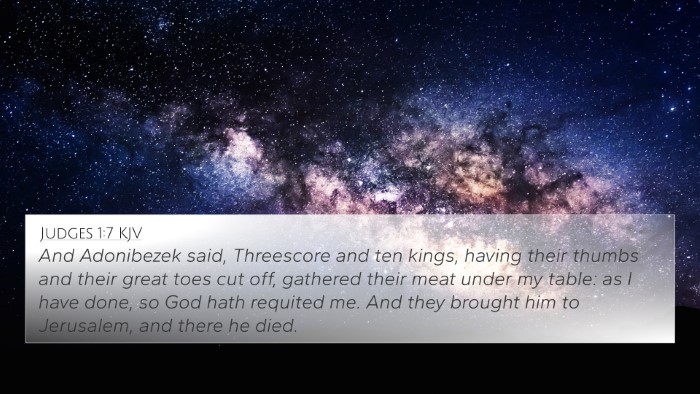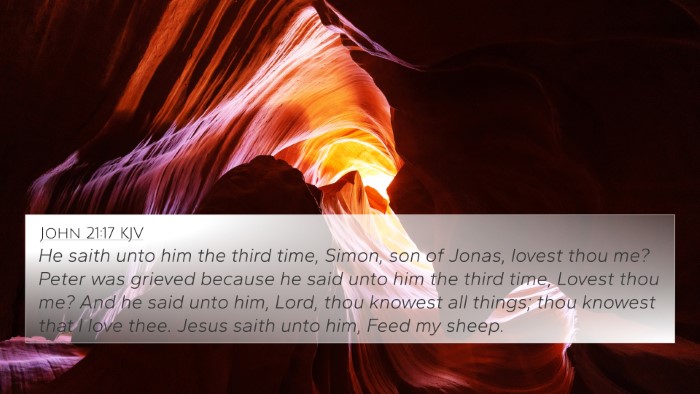Understanding Genesis 29:25
Genesis 29:25 states: "And it came to pass, that in the morning, behold, it was Leah: and he said to Laban, What is this thou hast done unto me? did not I serve with thee for Rachel? wherefore then hast thou beguiled me?" This verse presents a pivotal moment in the life of Jacob, highlighting themes of deception, expectation, and the unfolding of God's providential plans.
Key Themes and Insights
- Deception and Manipulation: Jacob, having worked for seven years for Rachel, is deceived by Laban, who gives him Leah instead. This not only reflects a personal betrayal but also serves as a narrative on the consequences of deceit.
- The Role of God’s Sovereignty: Despite the deception, God's overall plan remains intact. This verse illustrates how God can work through complicated human situations to achieve His purposes.
- Expectations vs. Reality: Jacob’s shock upon awakening beside Leah reveals the tension between his hopes and unforeseen circumstances. This theme resonates with many believers wrestling with God’s plans for their lives.
Commentary Insights
Matthew Henry notes that this incident serves as divine justice; Jacob who once deceived his father Isaac is now a victim of deception himself. Henry illuminates the notion that what goes around comes around, fulfilling the biblical principle of reaping what one sows.
Albert Barnes emphasizes the cultural context of compliance with familial customs, particularly concerning marriage in antiquity. He points out how societal norms can lead to injustice and moral dilemmas, considering Laban's actions as a reflection of the flawed human condition.
Adam Clarke delves into the emotional turmoil Jacob must have felt, drawing parallels between his anguish and the greater narrative of familial rivalry, which later deeply impacts the lineage of Israel. Clarke posits that this moment sets in motion the complexities of Jacob's family dynamics.
Cross-Referenced Bible Verses
- Genesis 27:36: Jacob's own deception in obtaining the blessing from Isaac parallels Laban's deceit.
- Genesis 31:7: Jacob mentions how Laban has changed his wages ten times, underscoring Laban's deceitful nature.
- Galatians 6:7: “For whatsoever a man soweth, that shall he also reap,” highlighting the principle of divine justice related to the actions of Jacob.
- Genesis 30:14-15: This recounts Leah's relationship with Rachel and the tensions that arise from their competition for Jacob's love.
- Ruth 1:1: The context of a husband being deceived by those he trusts sets a foundation for understanding broader narrative themes in Scripture.
- Proverbs 10:9: “He that walketh uprightly walketh surely: but he that perverteth his ways shall be known." This general moral principle can be connected to Jacob's experience.
- Job 4:8: “Even as I have seen, they that plow iniquity, and sow wickedness, reap the same." This reinforces the theme of consequences addressed in Jacob's story.
Thematic Connections
The narrative of Genesis 29:25 serves as a rich ground for exploring the connections between Bible verses. It aligns with examples of deception, loyalty in relationships, and the trusting nature of God's plans amidst human failing. This verse interconnects the broader biblical themes of providence, family dynamics, and moral integrity.
Practical Application
For those studying the Bible, this verse and its surrounding context remind believers that God uses even human failure to fulfill His greater purpose. As they explore connections between related verses such as Romans 8:28, which states, "And we know that all things work together for good to them that love God," it encourages a deeper understanding of God's work in our lives.
Tools for Bible Cross-Referencing
Utilizing tools for Bible cross-referencing, such as a Bible concordance or Bible cross-reference guide, can aid in identifying connections and themes across scriptures. Implementing these resources can enhance the understanding of passages and encourage comprehensive Bible study methods.
Conclusion
In conclusion, Genesis 29:25 is not just an isolated narrative; it connects to broader themes of justice, expectation, and divine providence throughout Scripture. Understanding this verse within the context of its cross-references enriches the reader's comprehension of biblical principles and their applications in daily life.











